Green Farm Commitment makes farmers see red
A new ‘environmental module’ proposed by the farm-assurance scheme Red Tractor has drawn heavy criticism from farmers. James Fisher reports.
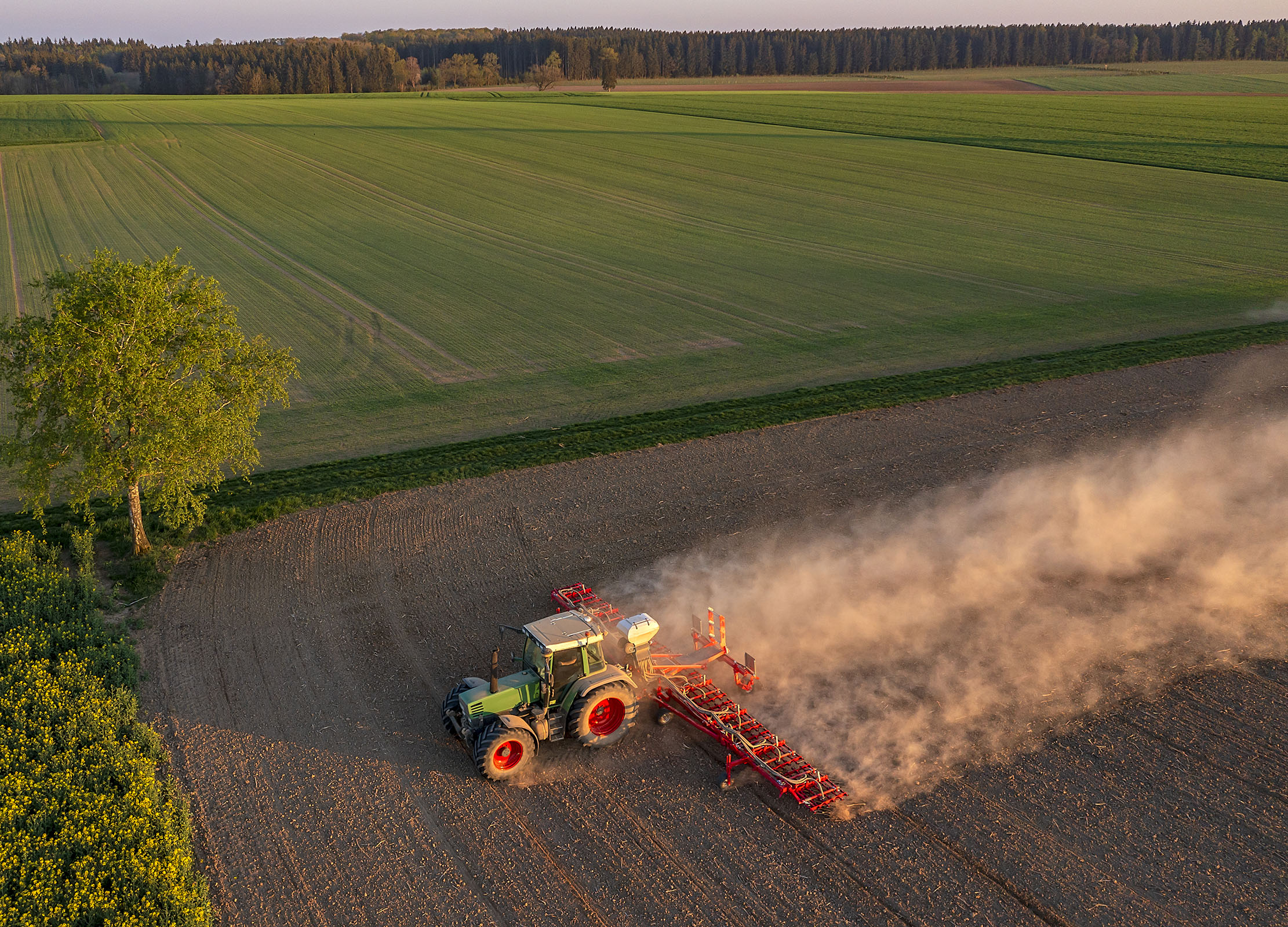
The scheme — announced last week and known as the Green Farm Commitment (GFC) — will enable ‘farmers to make commitments and track their own progress across five key areas for environmentally focused farming: carbon footprinting; soil management; nutrient management; waste management; and biodiversity’, according to the organisation. Farmers reacted with fury to the proposal, accusing supermarkets of passing the cost of them reaching net zero onto farmers.
Speaking to Farming Today, farmer and author Joe Stanley acknowledged that farmers are ‘incredibly keen to move in a more sustainable direction as food producers and stewards of the environment’. However, he added that ‘the natural-capital services that the GFC is talking about... are all things that farmers are being expecting to trade in future, to create, in part, a new income stream to replace farm support payments’.
He added: ‘We are looking at being set up to give those things away for free to the rest of the food supply chain and to the retailers, in order to help them fulfil their environmental commitments. Instead of us being able to sell those services on and to monetise that, we’re going to have to give them away for free as part of the GFC.
'Of course, it’s being trialled as a voluntary measure, but, as is usually the case, it will inevitably become the industry standard and everyone will be required to adhere to it.’
On X, formerly known as Twitter, Herefordshire farmer Ally Hunter Blair wrote that ‘I’ve not seen Ag Twitter as united as it is against this proposed new “optional” environmental module’ and ‘from what I can make of it, they are going to make our newest and most valuable asset the norm and therefore reduce our ability to make any money from it’.
"The additional cost cannot be shouldered by farmers — the supply chain will have to pay"
Red Tractor has said the GFC is necessary as ‘the pressure on retail, out-of-home operators and brands to source their primary produce more sustainably could lead to a multitude of audit demands on the supply chain and particularly farmers’. The GFC has been in development since 2020 and will offer farmers, packers and processors ‘one set of common criteria’. The voluntary module will ‘meet the needs of the market with a single consistent industry approach’.
‘The initiative takes a new approach, which will offer benefits to everyone,’ said Red Tractor CEO Jim Moseley. ‘It gives Red Tractor farmers a new way of differentiating their product and a consistent framework to talk about their environmental credentials. The GFC is designed to protect farmers from future audit demands, costs and complexity.
Sign up for the Country Life Newsletter
Exquisite houses, the beauty of Nature, and how to get the most from your life, straight to your inbox.
'Although some farmers may not be facing these questions from their customers yet, there is clear evidence from some agricultural sectors that alternative schemes have added cost, duplication and complexity for Red Tractor farmers.’
In the press release announcing the GFC, representatives from Tesco, Marks & Spencer, Co-op, Morrisons and Sainsbury praised the scheme, but there were no comments from farmers or from the NFU.
Confusion reigned with regard to the NFU’s role in the aftermath of the GFC announcement, with the union’s deputy president Tom Bradshaw initially writing on X that ‘the NFU have not been involved with the development of the bolt-on module’. However, in a Q&A addressing the concerns of farmers, Red Tractor said its board had ‘unanimously agreed this approach in September and has discussed this work regularly over the past two years’. The NFU is represented on the Red Tractor board. In a further statement last week, Mr Bradshaw clarified that ‘we have never said that as one of the 18 members of the Red Tractor board we didn’t have knowledge of the module, but at no point have expert NFU members and advisors been involved with the development of the crucial details within it’. In the statement, Mr Bradshaw appeared to say that concerns raised by the NFU about the GFC have been ignored.
‘I, more than anyone, want British farming to stand up to the challenges of imports from around the world; to demonstrate the sustainability credentials of British farming and to drive solutions to the environmental challenges we face.’ He added: ‘This module could provide some of the solutions if deployed in the correct sectors and with minimal cost burden, and after the proper scrutiny that was agreed. Ultimately, however, the additional cost cannot be shouldered by our farmer members and the supply chain will have to pay a premium for the associated increase in costs.’
In response to the row, a spokesperson for Red Tractor said: ‘We recognise that farmers need to be in control of the commercial arrangements they want to make with their customers. The GFC is the common framework that allows farmers to demonstrate their environmental credentials as well as having complete freedom to negotiate an appropriate financial reward from the market.’
Toby Keel is Country Life's Digital Director, and has been running the website and social media channels since 2016. A former sports journalist, he writes about property, cars, lifestyle, travel, nature.
-
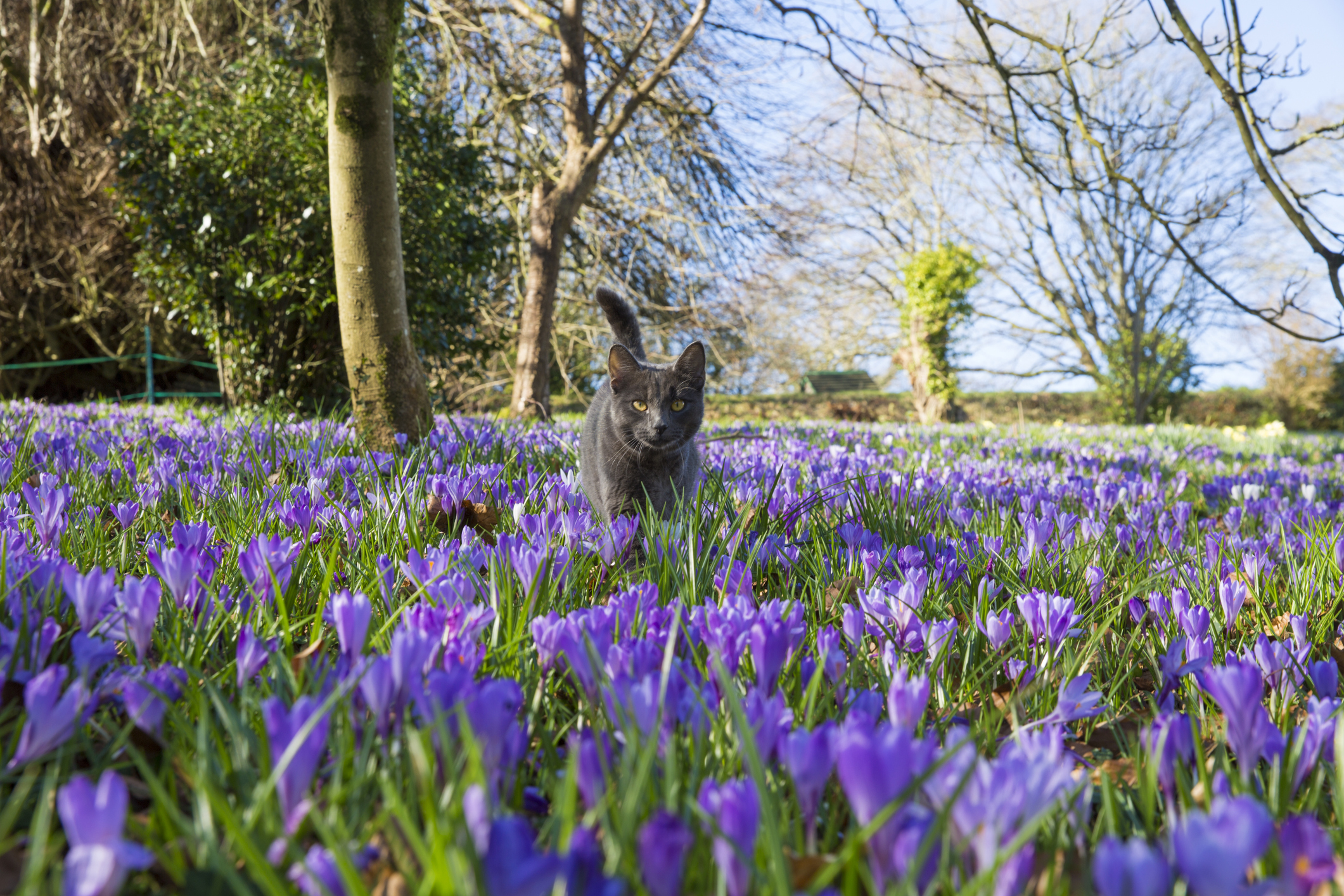 The King's favourite tea, conclave and spring flowers: Country Life Quiz of the Day, April 22, 2025
The King's favourite tea, conclave and spring flowers: Country Life Quiz of the Day, April 22, 2025Tuesday's Quiz of the Day blows smoke, tells the time and more.
By Toby Keel
-
 London is the place for me* (*the discerning property buyer)
London is the place for me* (*the discerning property buyer)With more buyers looking at London than anywhere else, is the 'race for space' finally over?
By Annabel Dixon
-
 Blazing summers, short winters and 15 years of erosion in a day
Blazing summers, short winters and 15 years of erosion in a dayThe changing weather is having an impact on everything from hibernating dormice to caterpillars and calves.
By Annunciata Elwes
-
 Four of Britain's biggest Nature charities join the fight against 'Greenwashing'
Four of Britain's biggest Nature charities join the fight against 'Greenwashing'Four of the nation’s largest conservation charities have joined forces to encourage responsible private investment in Nature recovery and to combat ‘corporate greenwashing’. James Fisher reports.
By James Fisher
-
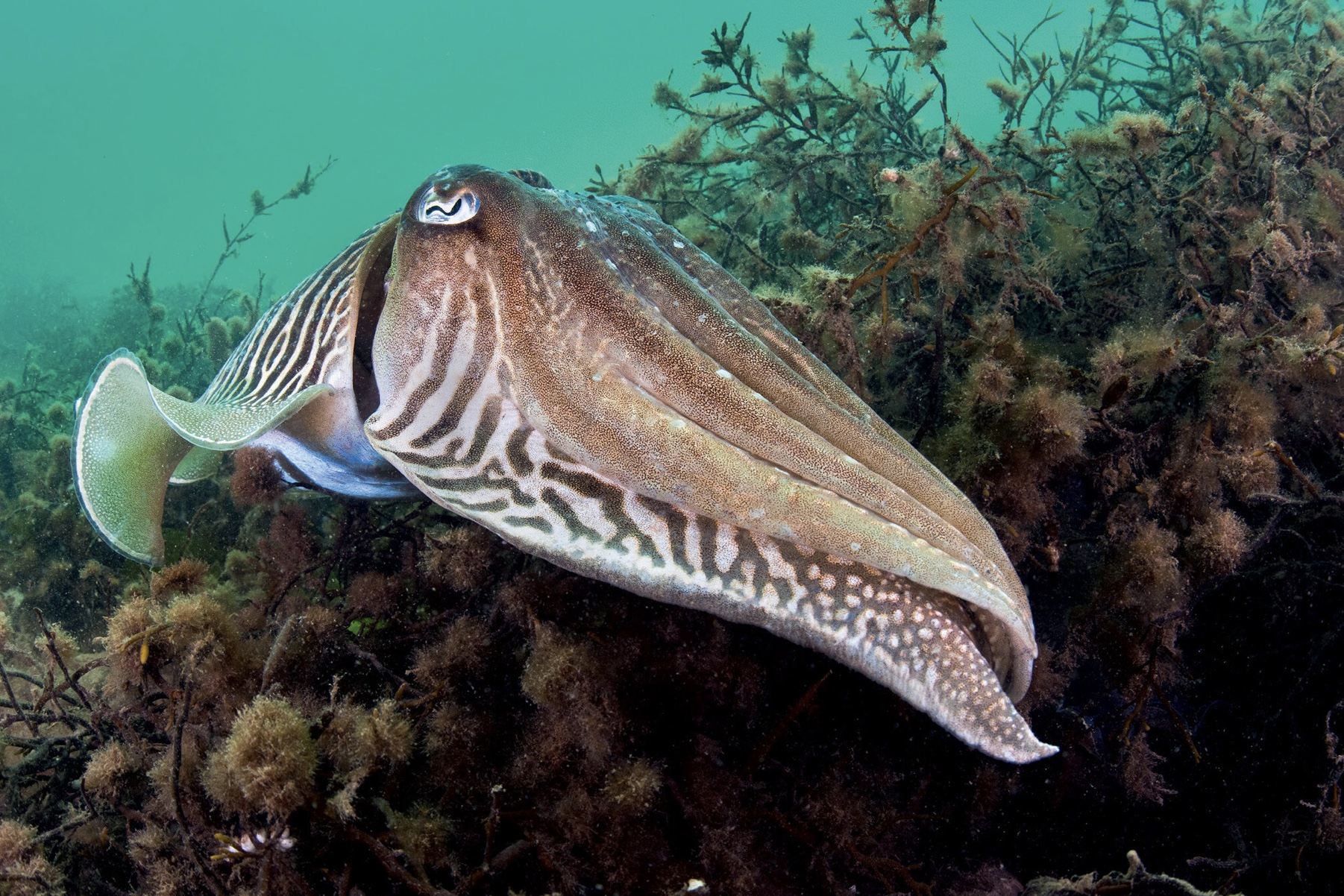 National Marine Week is so packed that they've had to make it two weeks long
National Marine Week is so packed that they've had to make it two weeks longNational Marine Week runs from July 22nd to August 6th, which begs three questions: what is happening, how you can join in, and why they call it a 'week' when it's a fortnight long. James Fisher reports.
By James Fisher
-
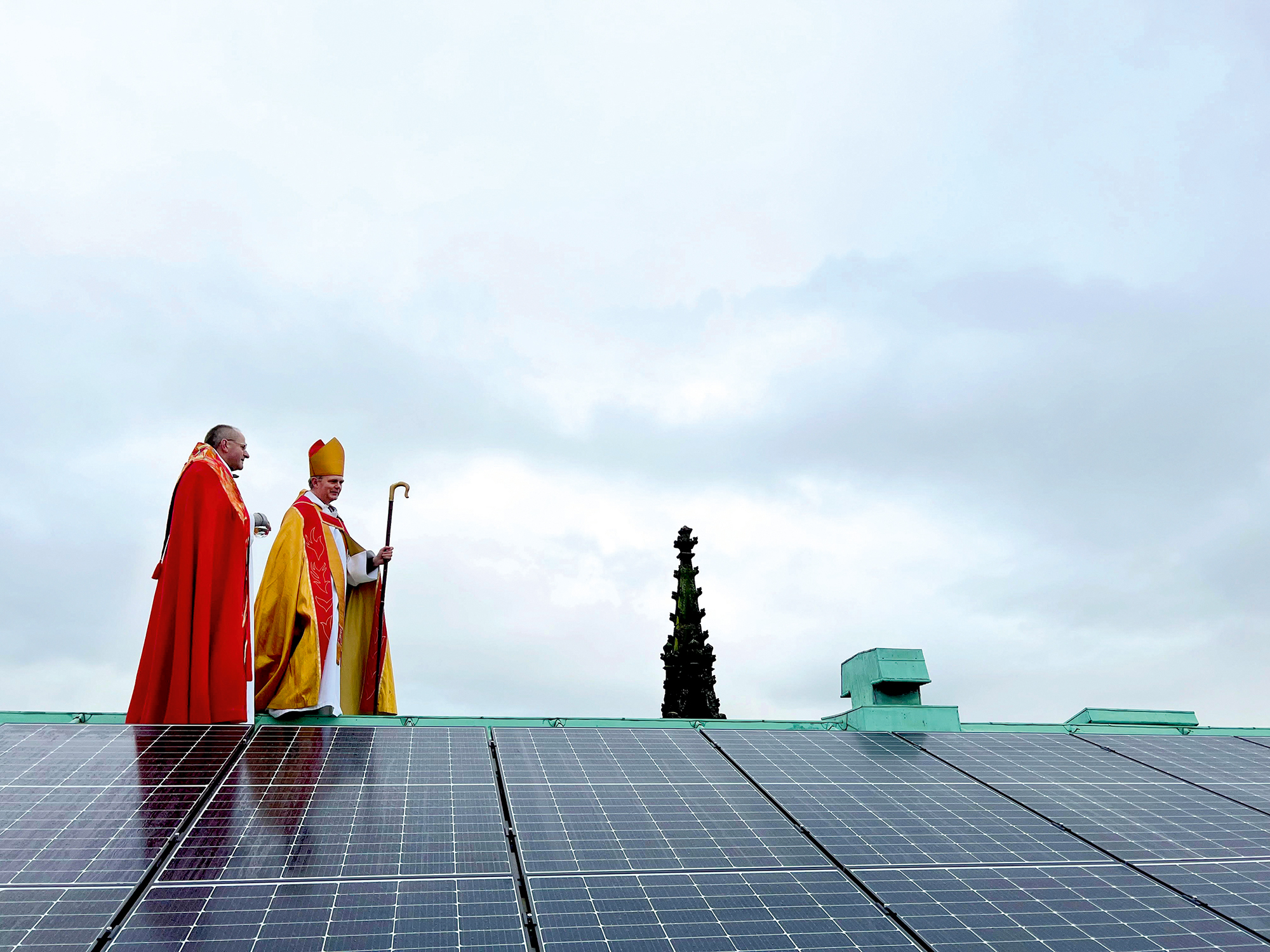 How the Church of England joined the race to Net Zero
How the Church of England joined the race to Net ZeroJames Fisher reports on a very 21st century addition to one of Britain's great cathedrals.
By Toby Keel
-
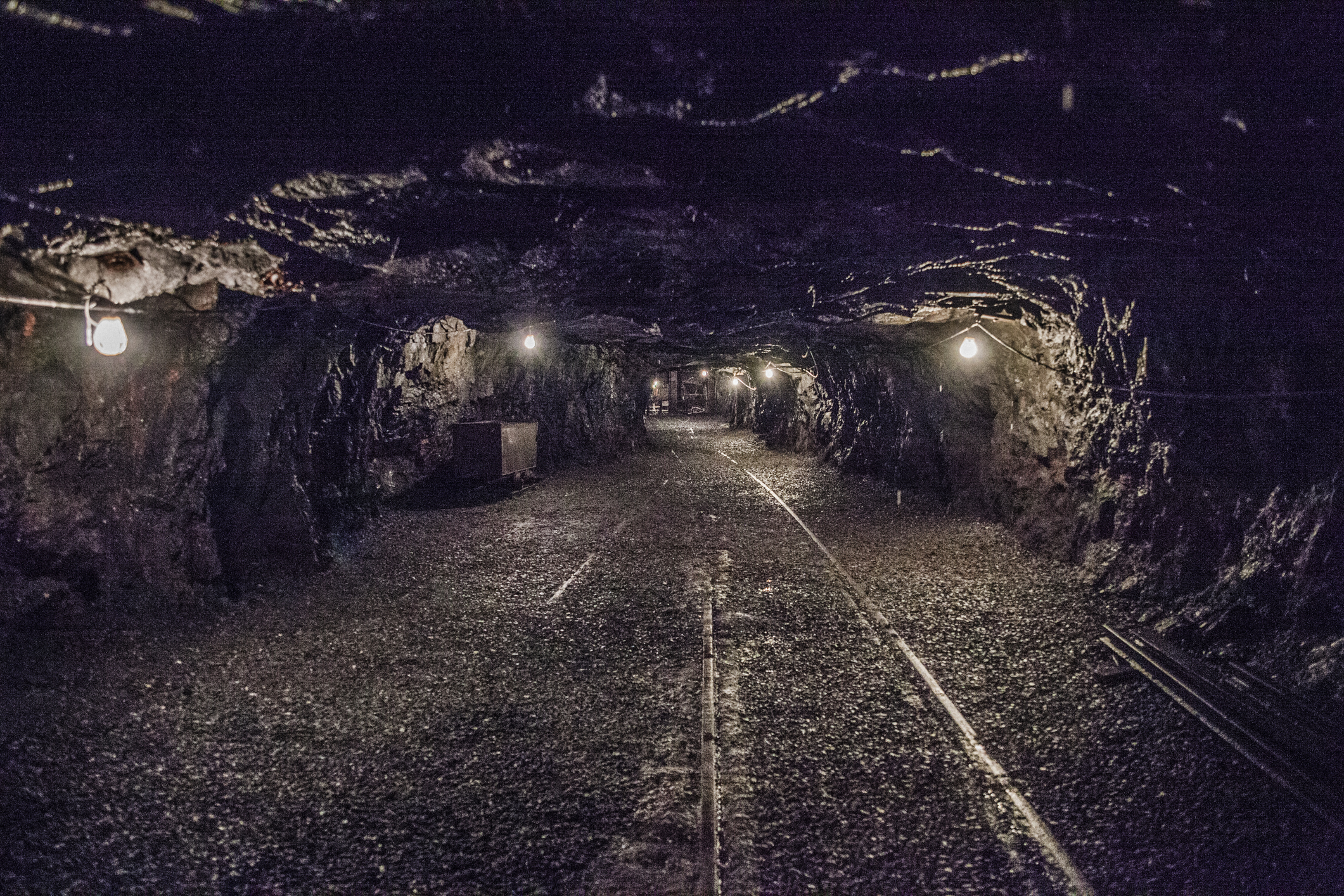 'An incomprehensible act of self-harm': The angry reaction to the new coal mine in Cumbria
'An incomprehensible act of self-harm': The angry reaction to the new coal mine in CumbriaThe government's decision to allow a new coal mine to be opened has sparked outrage from across the political and environmental spectrum, as James Fisher reports.
By James Fisher
-
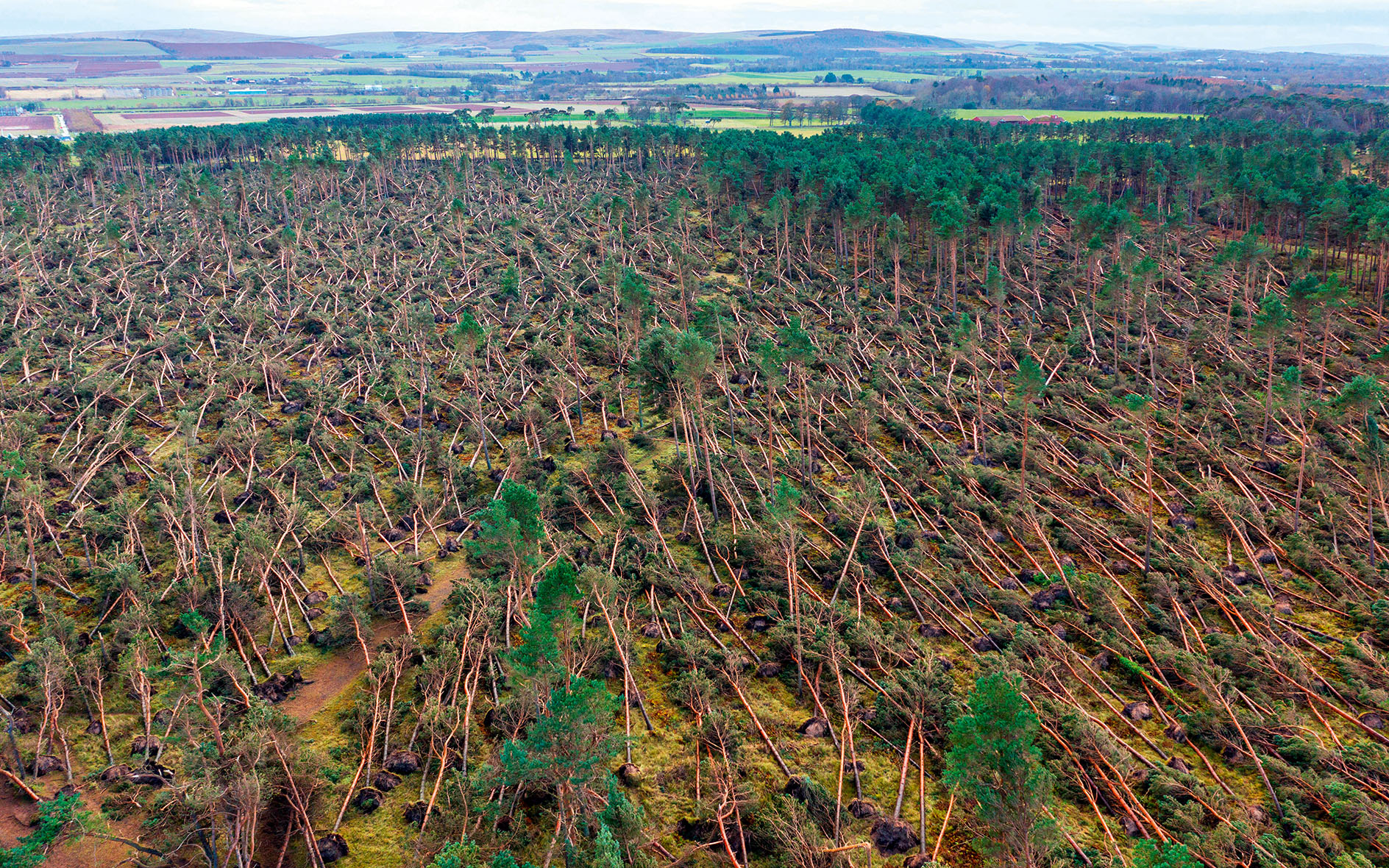 Climate change means we need new approach to tree planting or we'll keep losing them in storms, says chair of Forestry Commission
Climate change means we need new approach to tree planting or we'll keep losing them in storms, says chair of Forestry CommissionBritain needs to think again about its plans for tree planting, according to Forestry Commission data. Stuart Martel reports.
By Stuart Martel
-
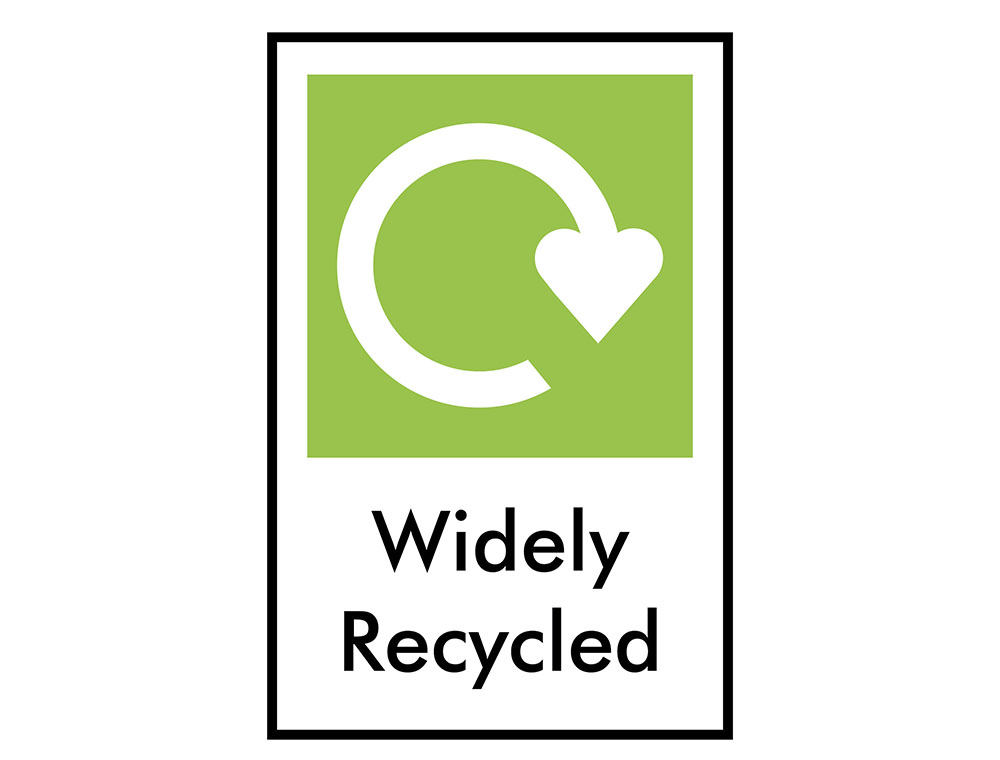 Curious Questions: What do all the different recycling symbols mean?
Curious Questions: What do all the different recycling symbols mean?Figuring out what recycling symbols tell us about can and can’t be recycled can feel as if you’re trying to decipher the Da Vinci code. Rosie Paterson decodes nine of the most frequently used symbols.
By Rosie Paterson
-
 Where to find the 30 ladybirds hidden in this week's issue of Country Life magazine
Where to find the 30 ladybirds hidden in this week's issue of Country Life magazineEvery week in Country Life, we put a ladybird on the front cover. For the 19 May 2021 issue — our sustainability special — we've hidden 30 of them throughout the magazine.
By Toby Keel
